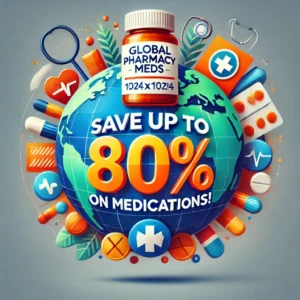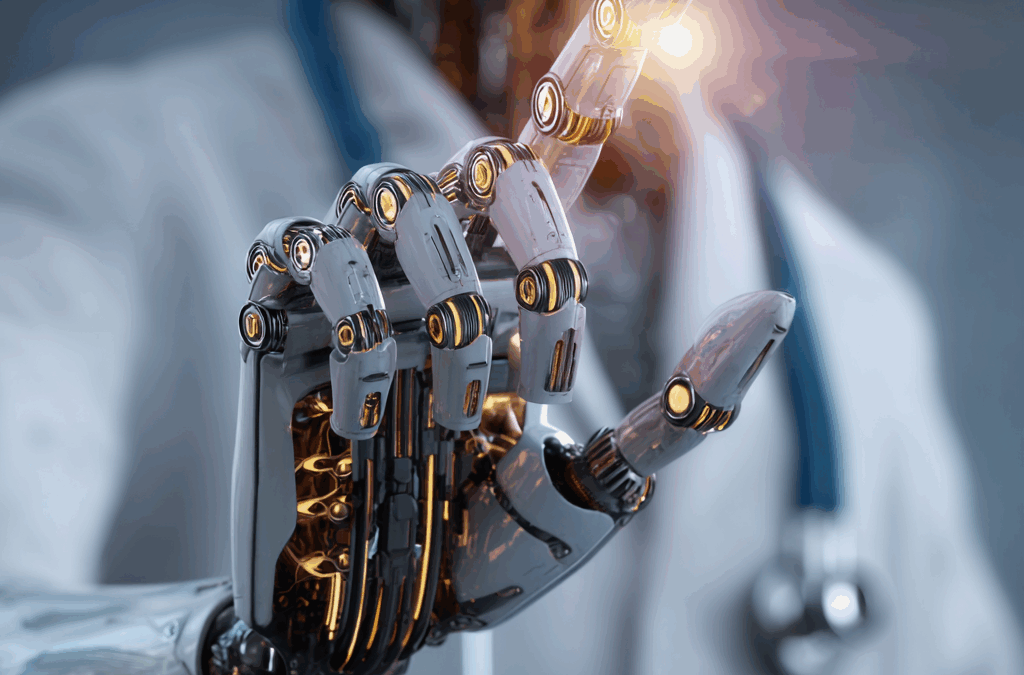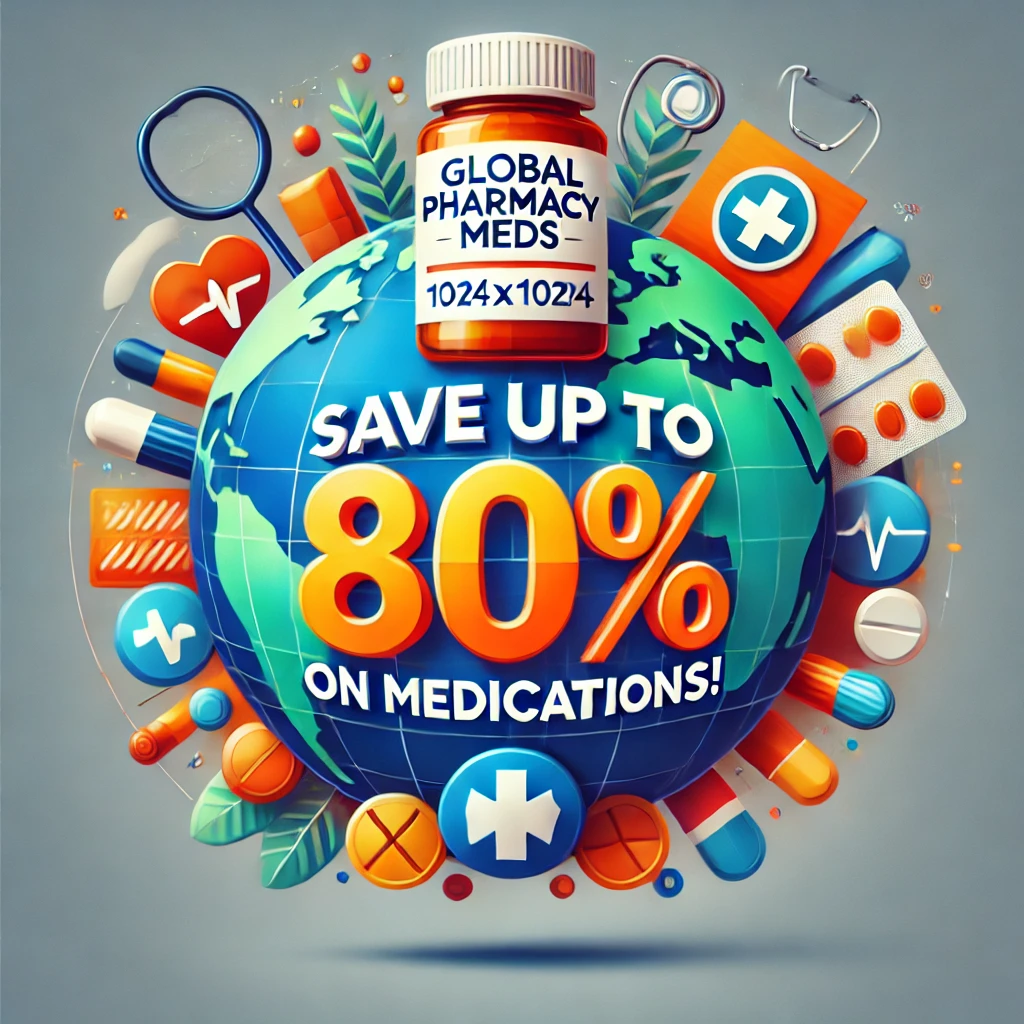AI in Medicine: Miracle, Mayhem, or the End of Human Doctors?
Artificial intelligence is rewriting the rules of modern healthcare.
Robots assist in surgery. Algorithms read medical images. Apps track your heart, sleep, and glucose 24/7. AI systems diagnose diseases faster than specialists with decades of experience.
But with all this progress comes a massive question:
Is AI a miracle, a mayhem-maker, or the beginning of the end for human doctors?
The truth is more complex — and more fascinating — than any one headline can capture.
This isn’t just a technological upgrade. It’s a transformation in the way humanity understands, treats, and manages health.
Let’s explore what AI really means for the future of medicine.
1. The Miracle: AI Is Doing Things Medicine Could Never Do Before
AI isn’t just improving healthcare. It’s unlocking abilities once thought impossible.
AI diagnoses disease earlier than humans
Studies show AI models can detect:
-
Breast cancer years earlier than radiologists
-
Eye diseases before symptoms appear
-
Skin cancer with dermatologist-level accuracy
-
Early Alzheimer’s through speech patterns
-
Heart disease risk from a smartwatch ECG
These systems can analyze millions of data points in seconds — far faster than any human clinician.
AI creates new drugs in record time
The old process took:
-
10–15 years
-
billions of dollars
-
countless failures
AI reduces this to:
-
months
-
drastically lower costs
-
higher precision
It designs new molecules, predicts toxicity, and models treatment responses.
AI personalizes medicine to your unique biology
Your:
-
genetics
-
blood biomarkers
-
sleep data
-
glucose curves
-
gut microbiome
-
heart rate variability
…all tell a story about your health.
AI reads that story and turns it into custom:
-
diet plans
-
supplement recommendations
-
exercise strategies
-
recovery protocols
-
medication adjustments
This is precision health — unique to you, not the masses.
AI monitors you 24/7
Wearables and sensors make healthcare continuous, not reactive:
-
Early warnings for illness
-
Stress detection
-
Sleep coaching
-
Glucose stabilization
-
Fitness optimization
AI brings real-time feedback once available only in elite sports labs or hospitals.
In short:
AI is enabling the greatest leap forward in human health since the invention of modern medicine.
2. The Mayhem: New Power Brings New Problems
AI in medicine is powerful — but with great power comes chaos.
Mayhem #1: Misdiagnosis from biased data
If an AI model is trained poorly, it may:
-
misinterpret medical images
-
underestimate risk in minorities
-
overpredict conditions in certain demographics
The result?
Incorrect diagnoses, unfair treatment, and dangerous outcomes.
Mayhem #2: Overreliance on algorithms
A doctor might trust AI too much — even when it’s wrong.
Automation bias can lead to:
-
missed diagnoses
-
delayed treatment
-
unnecessary procedures
When AI and human judgment collide, who has the final say?
Mayhem #3: Privacy concerns
Your continuous health data — heart rate, sleep, glucose, stress — can reveal:
-
mental health conditions
-
pregnancy prediction
-
cognitive decline
-
substance use issues
-
lifestyle habits
If mishandled, this information can be exploited.
Mayhem #4: Legal and ethical unknowns
Who’s responsible if AI causes harm?
-
The doctor?
-
The hospital?
-
The tech company?
-
The software model?
Medicine has never faced such complexity.
Mayhem #5: Job disruption and workforce shock
Some roles will shrink or disappear:
-
radiology
-
pathology
-
medical transcription
-
administrative tasks
This doesn’t mean doctors vanish — but their roles will dramatically evolve.
AI is a miracle.
But it’s also messy, imperfect, and occasionally dangerous.
3. The Fear: Is This the End of Human Doctors?
Let’s address the elephant in the room.
Will AI replace doctors?
No — but it will replace parts of their job.
Here’s the truth:
AI will replace doctors who refuse to use AI.
Just as modern pilots rely on autopilot and flight computers, future doctors will rely on AI for:
-
diagnostics
-
decision-making support
-
treatment planning
-
monitoring
-
risk predictions
Doctors who embrace AI will become superhuman clinicians — faster, more accurate, and more efficient.
What humans do best:
-
empathy
-
intuition
-
complex ethical reasoning
-
hands-on care
-
emotional support
-
interpreting context
-
making judgment calls
-
advocating for patients
AI cannot replicate these qualities.
What AI does best:
-
detect patterns
-
analyze massive datasets
-
recognize anomalies
-
work 24/7
-
never get tired
-
never forget information
-
compare millions of cases instantly
Together, they form a perfect partnership.
4. The Future: Human + AI = The Ultimate Medical Team
The future doctor is not a robot.
It’s a hybrid: Doctor + AI + Data + Continuous Monitoring.
Imagine this world:
❇ AI predicts disease five years before it starts
Your digital twin alerts your doctor to early cancer cells.
❇ Your smartwatch prevents heart attacks
AI detects subtle arrhythmia patterns in real time and notifies emergency services.
❇ Personalized medication designed just for you
AI analyzes your genetics to determine the exact dosage.
❇ Virtual AI doctors handle 80% of everyday care
Cold? Rash? Refill? Monitoring? All handled instantly through AI triage.
❇ Human doctors focus on complex, emotional, high-stakes cases
Where empathy, creativity, and human decision-making matter most.
❇ Healthcare becomes proactive, not reactive
The goal shifts from treating disease → preventing it.
This is not distant science fiction.
This is the next decade of medicine.
5. Final Answer: Miracle, Mayhem… or the End of Doctors?
So what is AI in medicine?
A Miracle
It finds disease faster, discovers drugs faster, and personalizes care more precisely than ever before.
A Source of Mayhem
It raises difficult ethical, legal, and human challenges — and mistakes can cost lives.
But the End of Human Doctors?
Absolutely not.
AI will not replace doctors.
But doctors who use AI will replace those who don’t.
The future of healthcare isn’t humans vs. machines.
It’s humans + machines, working together to create one of the greatest revolutions in the history of health.
AI is not the end of medicine.
It’s the beginning of its most powerful chapter.
Stop Overpaying for Your Prescriptions — Affordable Meds Are Here
 Tired of overpaying for your medications?
Tired of overpaying for your medications?
Global Pharmacy Meds makes it easy to get the prescriptions you need — at prices that finally make sense.
Enjoy secure ordering, real pharmacy-grade products, and direct-to-your-door delivery without the stress of traditional pharmacies.
Your health shouldn’t cost a fortune.
Explore affordable options today 👉 https://globalpharmacymeds.to/
Ready to save on your prescriptions?
Global Pharmacy Meds offers real pharmacy-grade products, secure online ordering, and fast delivery — all at prices you can actually afford.
Your health shouldn’t cost a fortune.
👉 Explore affordable options now: https://globalpharmacymeds.to/



